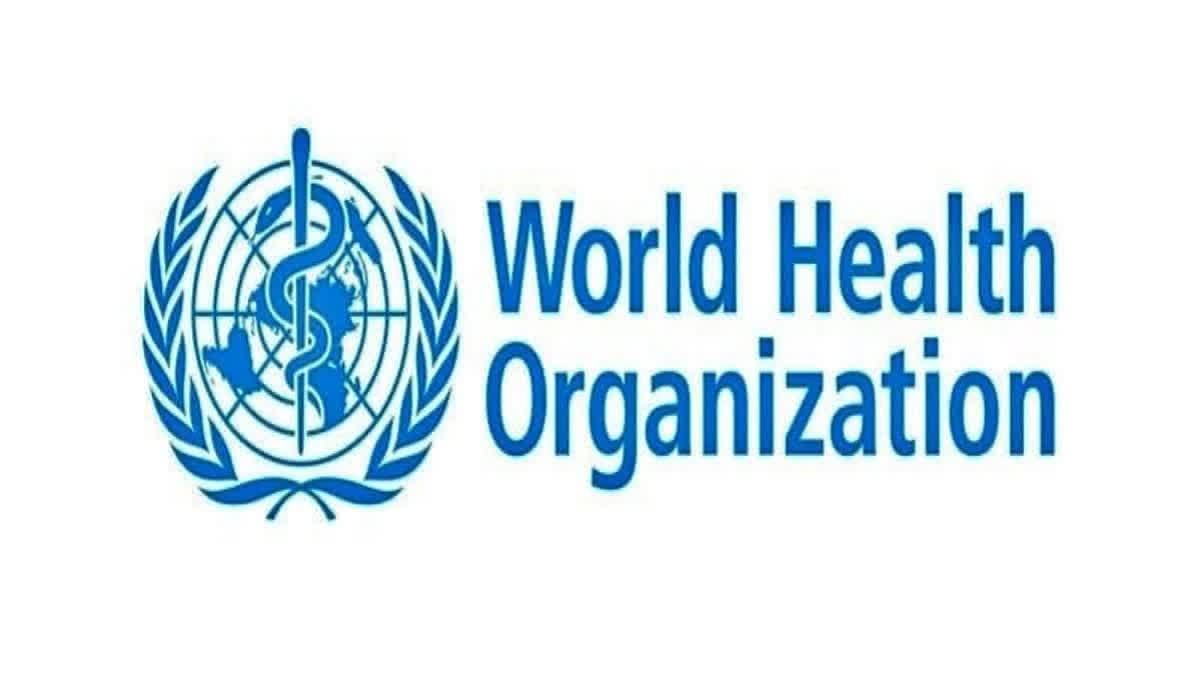New Delhi: Ahead of the 2024 UN Climate Change Conference in Baku (COP29) on November 11 and 12, the World Health Organisation (WHO) is urging a shift away from dependence on fossil fuels and advocating for climate adaptation and resilience that prioritises the well-being of people.
Launching the COP29 special report on climate and health a technical guidance on Healthy Nationally Determined Contributions on Friday, WHO urges world leaders at COP29 to abandon the siloed approach to addressing climate change and health.
It stresses the importance of positioning health at the core of all climate negotiations, strategies, policies and action plans, to save lives and secure healthier futures for present and future generations.
“The climate crisis is a health crisis, which makes prioritising health and well-being in climate action not only a moral and legal imperative, but a strategic opportunity to unlock transformative health benefits for a more just and equitable future,” said Dr Tedros Adhanom Ghebreyesus, WHO Director-General.
He said that COP29 is a crucial opportunity for global leaders to integrate health considerations into strategies for adapting to and mitigating climate change. “WHO is supporting this work with practical guidelines and support for countries,” said Dr Tedros.
Health argument for climate action. Developed by WHO in collaboration with over 100 organisations and 300 experts, the COP29 special report on climate change and health identifies critical policies across three integrated dimensions--people, place and planet--the report outlines key actions aiming to protect all people, particularly the estimated 3.6 billion people, who live in areas, which are most susceptible to climate change.
The report underlines the importance of the governance that integrates health in climate policy-making and climate in health policy-making – being essential for progress.
The WHO report recommended making human health and well-being the top measure of climate success to catalyse progress and ensure people-centred adaptation and resilience. It also recommends ending fossil fuel subsidies and reliance by realigning economic and financial systems to protect both people’s health and the environment, through investment in clean, sustainable alternatives that reduce pollution-related diseases and cut carbon emissions.
“Mobilise financing for climate-health initiatives, particularly to strengthen responsive health systems and support the health workforce, creating resilient, climate-proof health systems to protect health and save lives,” the WHO recommendations further said.
It also suggested building a greater focus on the role of cities in health outcomes, through more sustainable urban design, clean energy, resilient housing and improved sanitation. “Health is the lived experience of climate change,” said Dr Maria Neira, Director, of Environment, Climate Change and Health, WHO.
Dr Maria said that by prioritising health in every aspect of climate action, we can unlock significant benefits for public health, climate resilience, security and economic stability. Health is the argument we need to catalyse urgent and large-scale action in this critical moment, she said.



